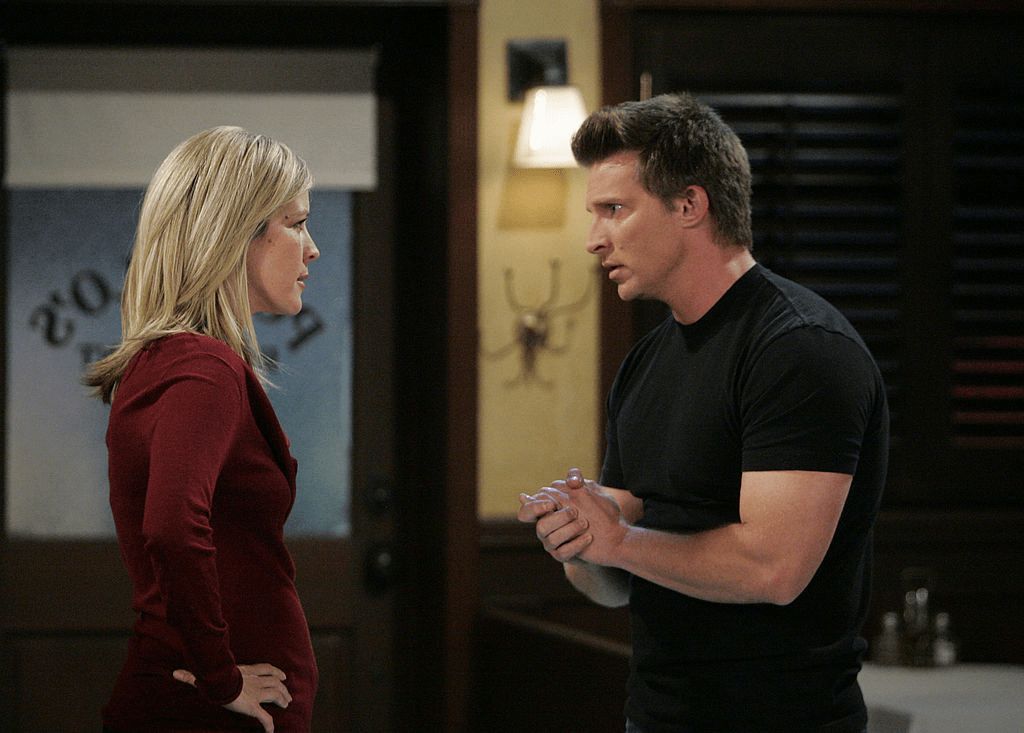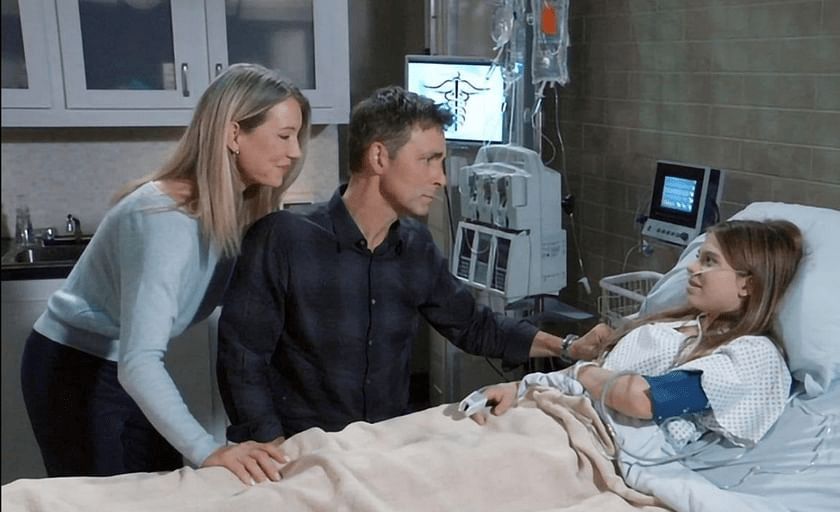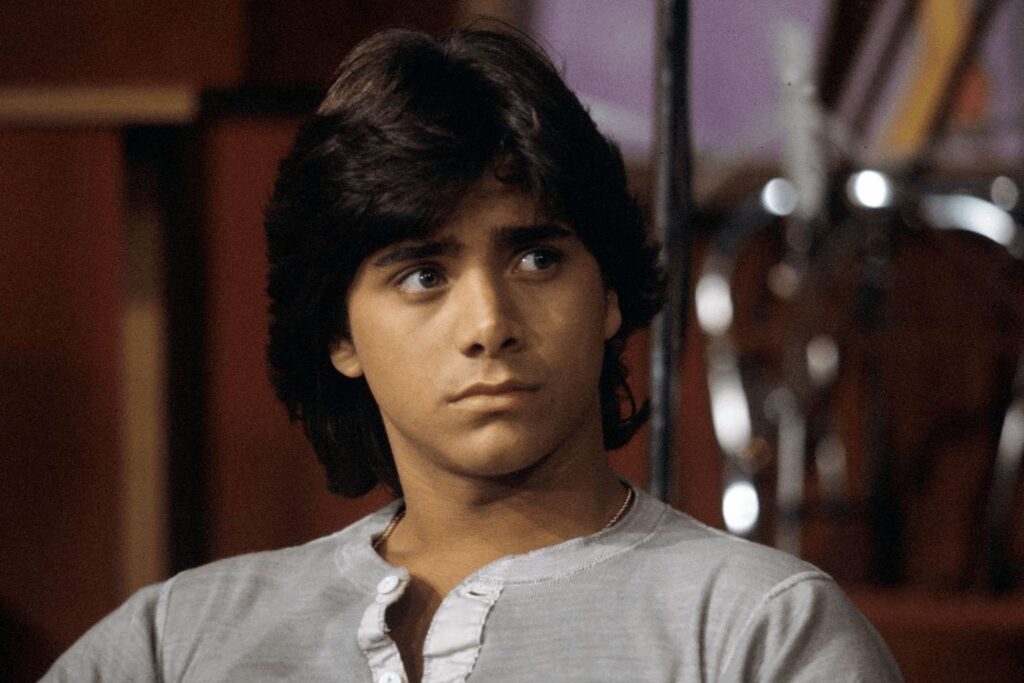When it comes to the melodramatic world of soap operas, ‘General Hospital’ is practically synonymous with the genre. Since its inception in 1963, this show has turned the art of drama into a science, teaching us all a thing or two about what it takes to keep audiences glued to their screens. So, grab your popcorn (or tissues) as we dive into the lessons this iconic soap opera has imparted on the drama-lovers among us.
General Hospital Complex Characters
Let’s talk characters. Not just any characters, but those multi-dimensional beings that seem more real than your neighbor. ‘General Hospital’ is like a master class in character complexity. Take Gregory Harrison, for instance. The man’s been sober for 36 years, and if that doesn’t scream ‘I’ve got layers,’ I don’t know what does. It’s these kinds of real-life intricacies that bleed into his portrayal of Gregory Chase on the show. Harrison himself gets down to the nitty-gritty when he says, Where am I going to put in that slip and fall? Where am I going to put in that tremor in my hand? Where I am going to put in the stumble, or the slur of this word or that word? That’s real technical stuff, but I have to layer that on top of emotional honesty of what’s going on. So, for me, it’s a buffet and I love that.
Now tell me that’s not dedication to crafting a character with depth.
And let’s not overlook Bobbie Spencer’s rollercoaster history, which has been served up to us in a series of flashbacks showcasing her most ‘notorious’ scenes. Or Carly Corinthos, who despite her rocky past with her mother Bobbie, shows us growth and forgiveness when she admits, She had every reason not to speak to me again and she forgave me.
These characters aren’t just walking through scenes; they’re evolving, they’re real.
General Hospital Intricate Plots
Next up on our syllabus: Intricate Plotlines 101. ‘General Hospital’ could give spiders a run for their money with the webs they weave. Take Gregory Chase’s battle with ALS; it’s not just about adding drama for drama’s sake – it’s about creating a story that resonates over time. Harrison puts it succinctly when he says it’s a fun technical calibration. And by fun, we mean heart-wrenchingly compelling.


Cyrus Renault started as your cookie-cutter villain but evolved into someone with family ties and a backstory that could make you almost sympathize with him – almost. Then there’s Laura Wright’s Emmy-worthy performance that left fans in tears, proving that these plots aren’t just twists and turns; they’re emotional journeys for the viewers too.
And who could forget Cyrus popping up like a bad penny over various seasons? Just when you think you’ve seen the last of him, there he is again, proving that ‘General Hospital’ knows how to keep a story going longer than most marriages.
General Hospital Emotional Depth
Last but certainly not least: Emotional Depth. If ‘General Hospital’ were a person, it’d be the friend who’s always there with a shoulder to cry on – because boy does it know how to tug at those heartstrings. When Gregory Harrison talks about his character’s reaction to losing things due to ALS, he touches on an emotional rawness that viewers can’t help but feel themselves. He shares, The body deteriorates pretty quickly and things happen, and there is an emotional kind of reaction to those that my character has. My character reacts to the loss of things and that’s what I am starting to be able to play.


The show doesn’t just present these emotions; it makes you live them. Like when Carly laments over her last conversation with her mother: If I knew that was the last time I was going to talk to her, I would have told her how much I cared about her … I would have never gotten off the call. I would have stayed on that phone forever
, you’re right there with her, feeling every ounce of regret and longing.
In conclusion, ‘General Hospital’ isn’t just another soap opera; it’s a beacon of drama done right. From its complex characters and intricate plots, down to its undeniable emotional depth, it teaches us what it means to truly connect with a story – so much so that you might find yourself whispering sweet nothings to your TV screen (no judgment here). So here’s a playful yet poignant salute to ‘General Hospital’, for showing us all how drama is really done.

